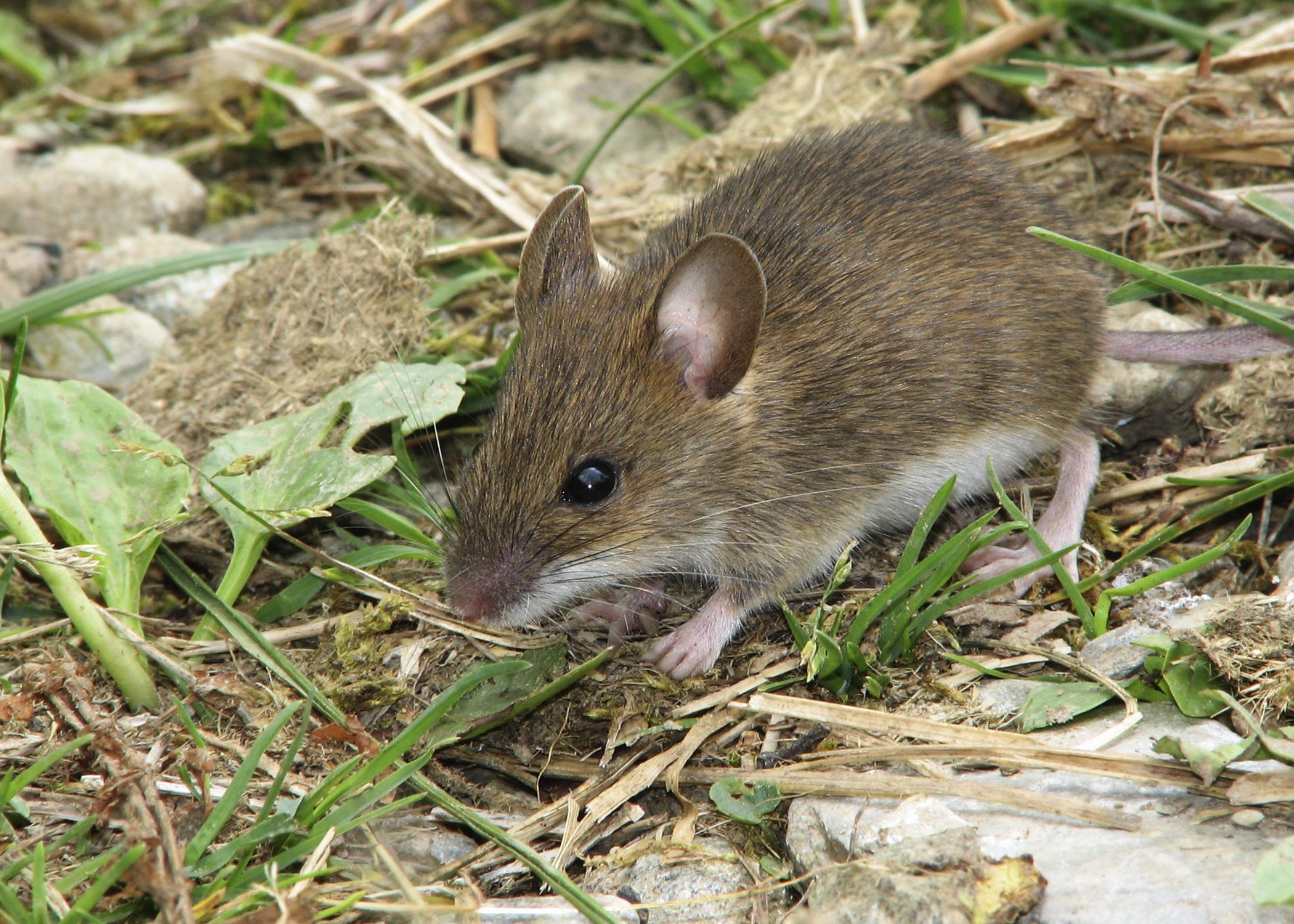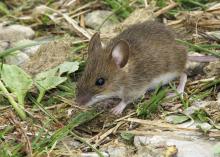Information Possibly Outdated
The information presented on this page was originally released on February 20, 2015. It may not be outdated, but please search our site for more current information. If you plan to quote or reference this information in a publication, please check with the Extension specialist or author before proceeding.
Rescue your house from residential rodents
STARKVILLE, Miss. -- “Say your prayers, varmint!”
If you recognize this quote, you know its source: Looney Tunes cartoon character Yosemite Sam, who never got the upper hand in his dealings with Bugs Bunny. Sometimes it seems we -- like Yosemite Sam -- battle with “varmints” that live around us. This column will give you a little insight into why the battle rages and what you can do to get the upper hand.
Much of our frustration is directed toward rodents, the largest group of mammals in the world. Mississippi has 22 kinds of rodents, including mice, rats, voles, squirrels, chipmunks, woodchucks, muskrat, nutria and beavers.
Rodents are herbivores, eating mostly plant materials, although some will occasionally eat animal matter such as insects. They have two pairs of long incisors for gnawing on hard foods like nuts, seeds and bark and for snipping off stems, leaves and twigs. Flat molars in the back of their mouths serve to grind food. Because hard food wears down teeth, rodents’ incisors grow continuously.
Although Bugs Bunny also has big front teeth, rabbits are actually placed in another group of mammals called lagomorphs. Shrews and moles also are sometimes confused with rodents.
Another trait rodents and rabbits share is their reputation for breeding. Rodents have litters of babies, often several times each year. Rapid reproduction is important because rodents serve as an important food source for other animals.
Rodents are vital links in the food web, and they have other valuable roles as well. Their burrowing and digging helps aerate the soil, increasing growth of vegetation and improving water absorption. Rodents unknowingly act as gardeners and foresters when the seeds and acorns they store over winter in the ground sprout into new plants in the spring.
Despite these environmental benefits, rodents can also be reason for concern. They cause serious damage to crops in the field and in storage. They gnaw on electrical wires, wood and insulation in homes and chew through feed sacks, seed bags and storage bins in barns. Burrowing activity by larger rodents, such as muskrats and beavers, can cause pond dams to leak and livestock to be injured. Small rodents, such as rats and mice, can carry parasites or diseases that can be passed to humans and pets.
One of the best ways to avoid bad outcomes is prevention. Rodents need food and shelter, and human environments can provide both. Consider how you may be providing habitat to rodents, and take it away.
Close off indoor access by caulking gaps around windows and doors and between bricks or siding. Remove plants or trees near exterior walls to take away hiding places and travel pathways. Store animal feed, gardening supplies and other possible food sources in rodent-proof containers -- steel or similar material with tight-fitting lids. Use exclusion devices to reduce beaver problems with water-control structures, trees and culverts.
And if all else fails, consider hiring a commercial wildlife control company to remove problem animals. A list of approved operators is available from the Mississippi Department of Wildlife, Fisheries, and Parks Jackson Office at 601-432-2199.

Editor’s Note: Extension Outdoors is a column authored by several different experts in the Mississippi State University Extension Service.





